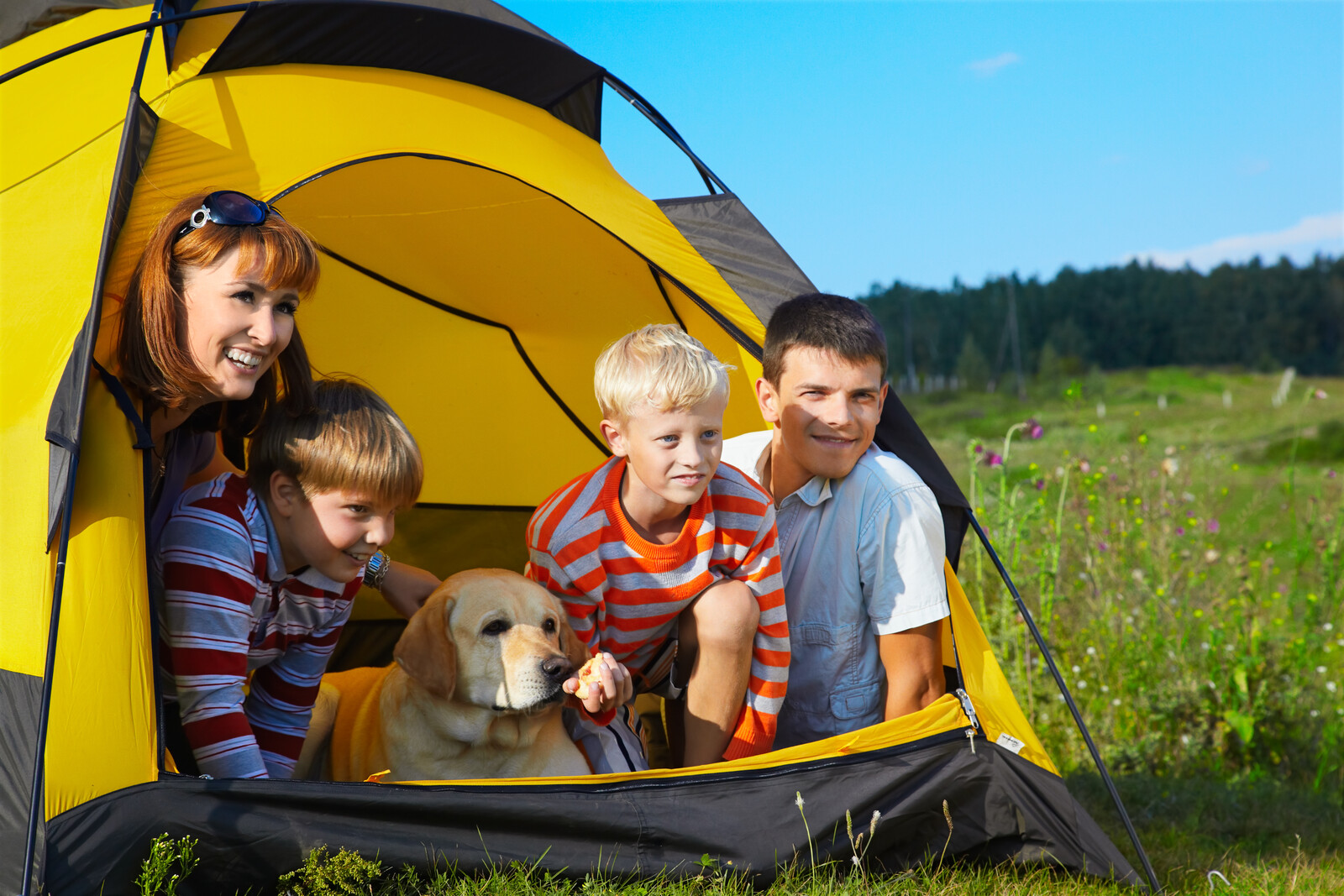Barks Blog
Ask the Experts: Children and Dog Training
This article provides advice on how to keep young children engaged in the family dog training process

By Veronica Boutelle
Q: Dear dogbiz,
I love working with different clients and figuring out what best fits their learning style. Yet I always feel a bit stumped when working with young children!
Recently I had a session with a family and their new puppy to address some biting and mouthing issues. While the children were excited to be there, they were easily distracted and I didn’t feel my explanations were really landing. The puppy was also pretty confused with all the activity going on.
Do you have any tips for engaging children more effectively during training sessions? I’d love to find ways to teach the whole family without everything descending into chaos!
Thanks,
An Aspiring Family Trainer
Working with Families
A: Hi aspiring family trainer,
Working with families can be complex! Family members often have competing priorities, as well as different levels of engagement and commitment to the process. And as you highlight, everyone absorbs information differently.
Like our dogs, children and young people go through distinct developmental stages which impact what they are able to comprehend and act on.
Child Development and Learning
It can be really beneficial for dog trainers to learn more about this, so one suggestion would be to dive into some resources on child development. This can help to provide realistic expectations about specific age groups and what will work for them in terms of learning.
Talking to parents about the behavior of their children can feel a little intrusive, but they know them best!
If you have a family session coming up, chatting to the parents in advance can set it up for success. It gives you a chance to find out what their kids enjoy and how to best engage with them, as well as what the parents are hoping their kids will get out of the experience.
This is also when you can gather more information about the dog, as the fact-finding part of sessions can be pretty boring for young kids.
Once you have a clearer picture, provide an outline of how you will approach the session and what you need from them to make it work.
If you’re working with several children, for example, would it be better to work with them individually for short intervals before bringing the whole family together? Could you bring some resources along, such as dog related story books, pictures or card games, to make the session more engaging?
There are trainers who specialize in this area, so seek out these resources in advance.
Set Ground Rules
Training sessions tend to be smoother when everyone knows the rules, so establish these from the start.
You might have an ‘only one person talks to puppy at a time’ rule, or you could introduce hand-raising for questions and comments.
If fidgeting, running around, and wandering off is the challenge, give them something to do! Could they make some enrichment toys with recycling while you’re chatting to the parents?
While on walks, could you attach a second leash they can hold while you’re working on loose lead skills?
And don’t forget – positive reinforcement is for everyone! Make sure to acknowledge when children are doing well and be specific in your feedback.
Avoid Jargon
It’s always good to be mindful about avoiding jargon or adding too much complexity, and this is especially true when working with children.
Keep things simple and relatable. Asking kids how they feel in certain situations can be a good approach. When they’re tackling a really hard math problem at school, do they feel a bit frustrated and confused?
How might their dog feel when they’re being asked to do something they don’t understand yet?
Working with young people provides a pretty special gateway to interspecies empathy and understanding – what an amazing opportunity to shape the next generation of dog lovers!
Good luck!
The dogbiz Team
Learn how dogbiz can help your business succeed: www.dogbizsuccess.com
Have a question for the business experts at dogbiz? Submit your question for consideration to [email protected]
Veronica Boutelle MA Ed CTC is founder and co-president of dog*biz, and author of How to Run Your Dog Business and co-author of Minding Your Dog Business. dog*biz offers professionally designed positive reinforcement dog training class curricula, including Open-Enrollment Puppy, Open-Enrollment Basic Manners, and short Topics classes built for retention.
